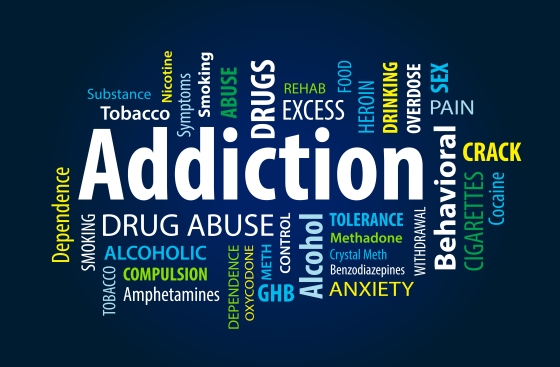Helping An Addicted Loved One
Addiction can afflict almost every person from any walk of life, regardless of wealth, status or age. Numerous substances and habits can be considered addictive, which makes them especially risky with certain personality types.
The only thing worse than experiencing firsthand the pain and losses addiction will throw your way is to watch a family member or close friend experience this. If your loved one is dealing with an addiction, you can help them with their struggle with these tips.
Education
Educate yourself regarding the cycle of addiction, addictive behavior and the recovery process.
Become knowledgeable and understand concepts like
- codependency,
- boundaries,
- 12 step programs,
- detaching with love,
- enabling and
- “tough love.”
Remember anything you do to help your loved one avoid the negative consequences of their addiction, for example, DWIs, legal problems; cash flow troubles support their addiction and not their recovery.
Sanitize
One of the simplest ways you can help an addicted family member by merely sanitizing your home. Remove any material associated with their addiction, for example, drug paraphernalia, alcohol or pornography, from the home. For pornography, it may require filtering internet content into the household and install accountability software.
Ideally, every addictive item should be removed entirely from the home, so there are no remaining triggers. Although you can’t stop your loved one from going out and getting drugs, cleaning up the home is a step in the right direction.
Be Available
Your family member may not be aware support is available right at the home. Make a point to sit down with your loved one and discuss your relationship.
Your loved one needs to know you are there for them at any time of day. Speaking these words is often all that’s needed for a heart-to-heart talk.
The addict may have been waiting for an opportunity to share their pain and concern. Simply listening to the person is a huge step toward sobriety.
Understanding Pornography Addiction
Addiction doesn’t have to be a substance-abuse situation. Many people including men and women are addicted to pornography.
Porn addiction is often sensed but infrequently confronted, especially within families. It’s very damaging to marriages and can drive loved ones apart
Recognizing the addictive signs, such as remaining isolated from the family while on the computer, staying up late at night on the computer are clues porn addiction may be a possibility. In all cases, porn addiction treatment is available.
Ask your loved one about their viewing habits so you can see their reaction. A defensive reaction is usually an indicator of an issue at hand.
Suggest a Support Group
Your heart is in the right place, but you can’t relate to your loved one’s addictive personality. Suggesting a support group is another helpful gesture for your struggling family member.
Provide your loved one with a list of support groups for them to research and join.
Experience has shown developing a network of support and the addict finding out they are not alone is very beneficial in the recovery process.
If your loved one is committed to their recovery they can have great success in these groups.
Be Aware of Triggers
Triggers are places, people and actions that encourage addictive behaviors. Get to know your loved one’s triggers so that they can be avoided as much as possible in the home.
If cigarette smoke tempts the person to drink a 12-pack of beer, for instance, smoking needs to be abolished from the home. It will take some time to identify every trigger, but it’s a worthwhile step toward sobriety.
As a caring family member, you must recognize that addiction is ultimately a personal choice. Your loved one can’t get better unless he or she admits to a problem and works diligently toward a healthier lifestyle. Supporting your loved one with these tips is the best choice you can make for the entire family unit.






